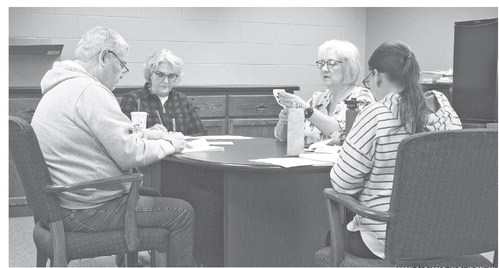State needs to modernize property tax collection
Paying property taxes in Wisconsin is a chore that is made unnecessarily annoying due to processes that haven’t kept up with commonplace financial business practices.
State lawmakers will soon begin the biennial budget process and start the squabbling about ways to squander the state’s enviable $4.6 billion budget surplus on special interest wish lists.
As they begin carving up the pie, Wisconsin taxpayers would be well served through an investment in updating the billing and collection system for property taxes.
Paying your property taxes is an aggravating experiences at every step.
First is the timing with tax bills arriving just days before Christmas each year to put a damper on any holiday spirit you may have had. Then, you must either mail a check and hope the post office gets it delivered in time or you must take the time during the business day to go to your municipal clerk’s office or the county courthouse to hand deliver your payment. If you are among the many who break the payment into two parts, you must remember to mail or get to the courthouse to pay the second half in July.
The system seems to have been designed to make it as onerous and annoying as possible to pay your tax bill. It doesn’t have to be this way though.
Utilities, insurances, lenders and other large annual expenses have all figured out ways to streamline the billing and collection process recognizing that creating efficiencies saves time and money on the front end while also improving collection compliance rates.
The major hang up in implementing modernization efforts is due to lack of resources. County governments would sooner put local tax dollars toward roads and roofs than toward upgrades to the tax collection system to do things like implementing electronic invoices where emails would replace thousands of printed bills or creating a way for people to set up monthly ACH auto-payments like many do with their electricity and gas bills. This is a level of technology that has been commonplace in the private sector for decades. The major hold up to bringing these to government level is money, and the lack of it.
If you ask any member of a county finance committee, they will universally tell you that money is tight and there are many demands for every dollar available. Utilizing state surplus funds would allow that necessary investment in upgrades to take place without placing an additional burden on taxpayers and actually save local taxpayer dollars through improving efficiencies. Just the longterm potential savings on postage and staff time of stuffing envelopes to switching to electronic invoicing is worth the investment.
Wisconsin leaders should use surplus funds to prioritize investment in creating government efficiencies rather than rushing to spend it on new pet projects or unsustainable tax cuts.




